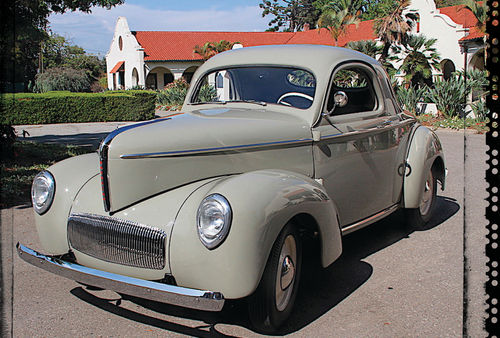Some thoughts on synthetic oil
Question:
I use ASM oil 100% synthetic and they state to change every year or 25,000 miles, whichever comes first.
During my first experience with AMS oil I put 9400 miles on it in eight months and changed it.
I sent a sample to the lab for analysis and the report came back that the oil was in excellent shape. All of the suspended metals and fuel in the sample were far below the ppm allowed and they said to continue using the oil.
Furthermore, my drain plug is magnetic and when using synthetic oil I don’t even get a trace of black deposits on the plug as I did with conventional oil.
From what I saw on my lab analysis report I’m sold on synthetic oil. It not only saves money by eliminating the need to do four oil changes every year, but also saves the environment. If everyone would switch, millions of barrels of oil would be saved.
Answer:
In general, compared with conventional oil, synthetic does everything that oil is supposed to do but does it better. It provides greater lubrication, greater resistance to thermal breakdown, greater resistance to the formation of sludge, acidic compounds and other harmful substances, and so on.
For new vehicles I recommend following the manufacturer’s recommended oil change intervals in most instances.
If the intervals are particularly wide and you are uncomfortable with that then there is no harm in shortening them slightly. For the use of synthetic oil in older vehicles it is not sensible to specify an oil change interval because there are too many variables.
For example, the useful life of any oil is dependent in part on how “clean” or “dirty” the engine operates internally. An engine with an overly rich fuel mixture or a fair amount of combustion blow-by will contaminate the oil and thus reduce its lifespan compared with an engine that runs lean and with little or no blow-by. So, the oil change interval that’s good for your vintage car may be too long or too short for my vintage car.
The best way to determine just how far you can comfortably go between oil changes is to do exactly what you have done, which is have the used oil analyzed by a competent lab. In your particular case, you learned that you can go past 9400 miles/8 months. Since the oil was so clean, try going to perhaps 12,000 miles next time.
Of course, all of this supposes that it is wise to use synthetic oil in the first place, and in certain instances it is not.
With newer cars designed to run with synthetic oil it is not an issue but some vintage cars will develop serious oil leaks if run with synthetic oil. This can happen because some older seals and gaskets are not compatible with synthetic oil. Leaks may also develop because synthetic is slicker than conventional oil and this enables it to leak past very small gaps that conventional oil can’t get past.















